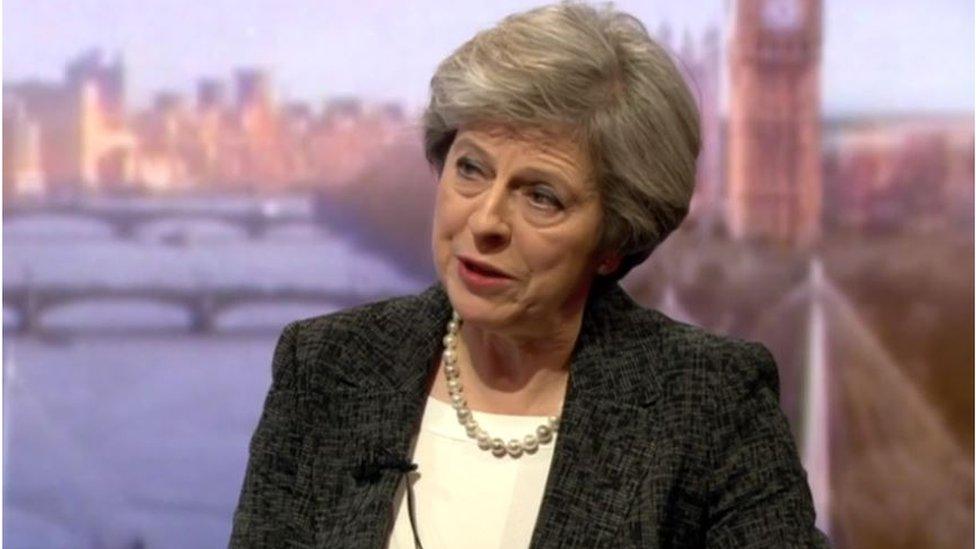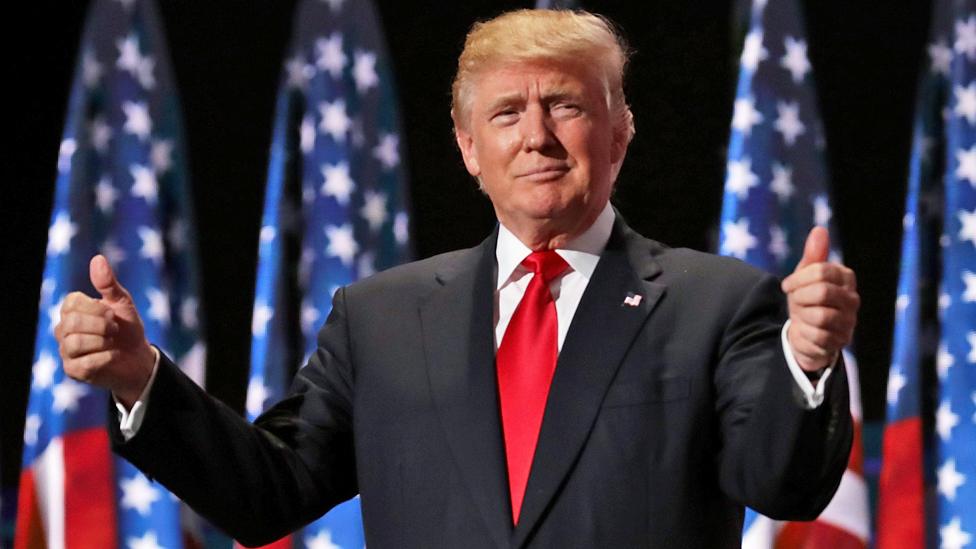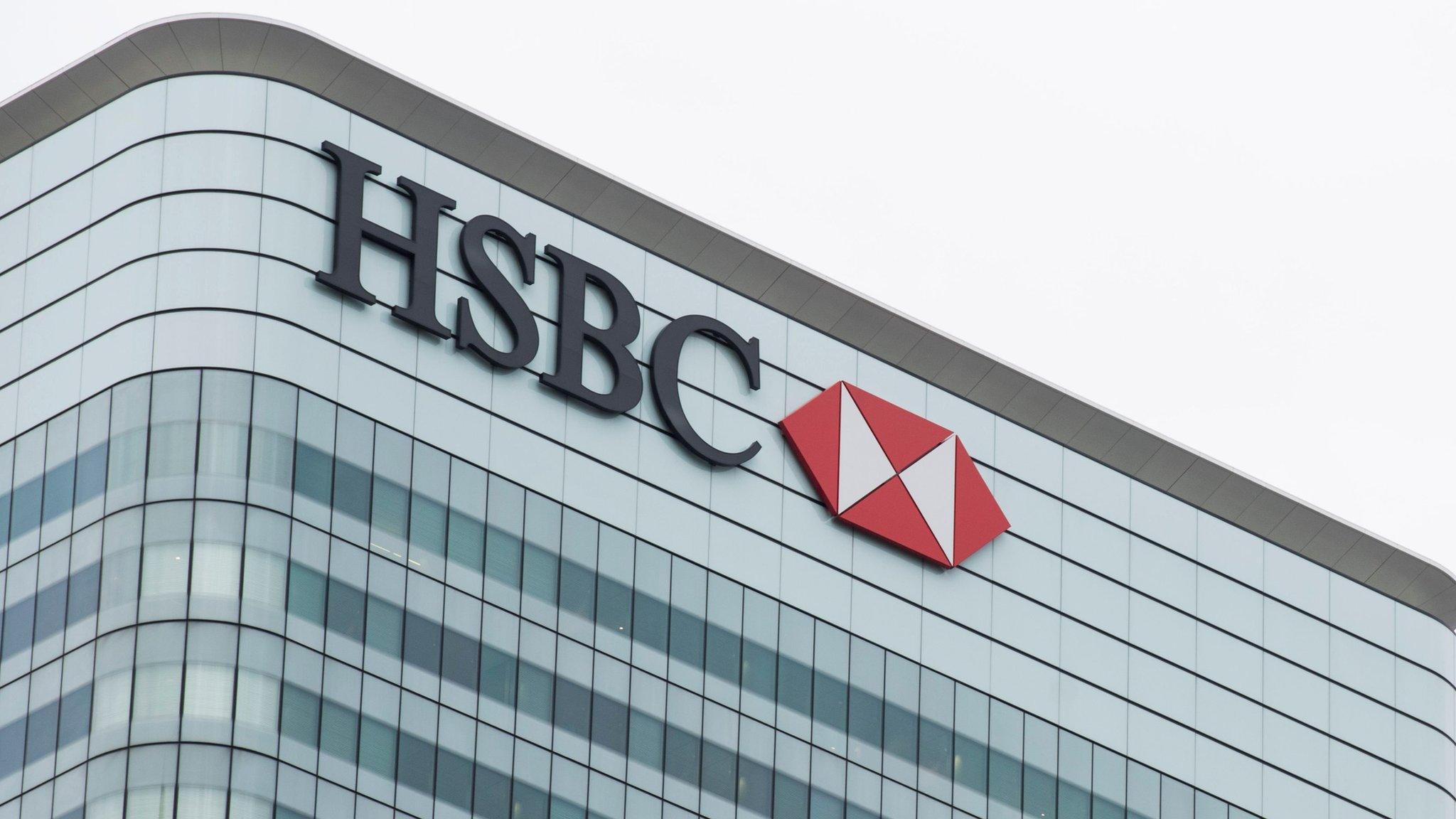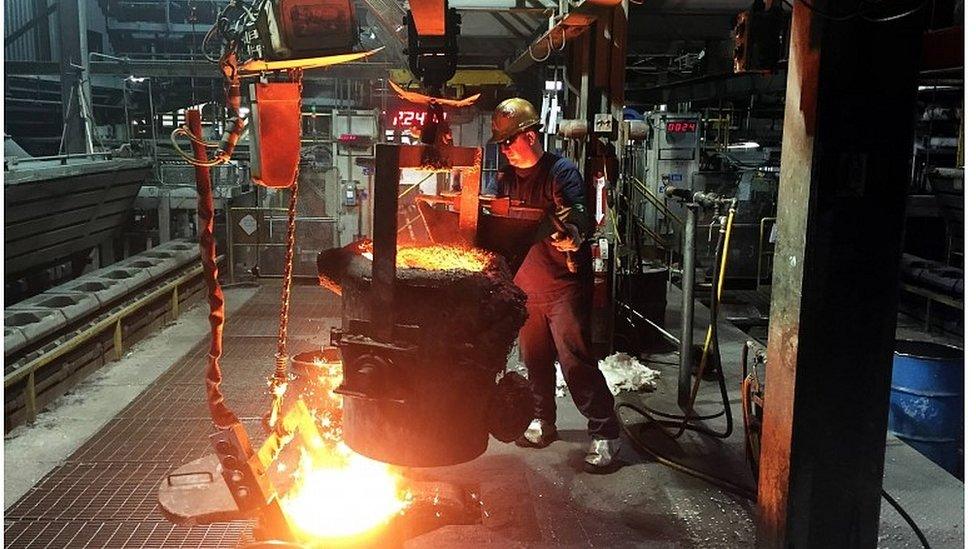UK to boost technical skills as part of industrial strategy
- Published

Theresa May is to shake up technical education as part of an industrial strategy for a post-Brexit UK.
The prime minister is due to set out the strategy on Monday at her first regional cabinet meeting, being held in north-west England.
But she told BBC One's Andrew Marr Show that among a "variety of things" being introduced she wants to "put an emphasis on technical education".
"It's about forging and shaping the new future," she said.
There have long been calls for the UK to re-balance its economy, a task made more urgent if the City of London's big financial firms slim down operations after Brexit.
Mrs May told the Marr show she wanted to bolster both manufacturing and services, but also to help future growth areas.
She said: "What is the shape of the economy we want for the future? Where are the successful sectors that we can encourage to grow? And what are the sectors that we need to look at for the future?"
'Welcome move'
Mrs May said the UK could do more to expand science and innovation, and she cited advances in battery technology as one area for growth. "Battery technology - we are leading the way on that already," she said.
She also highlighted plans to extend specialist maths schools.
There have been reports that the overhaul of technical education will include £170m of capital funding to set up institutes of technology to deliver education in science, technology, engineering and mathematics (STEM) subjects.
Thousands of technical qualifications, which critics see as low quality, will be replaced with 15 core technical "routes" designed to meet industry's needs.
Commons education committee chairman Neil Carmichael said the move was welcome, and should go a long way" towards filling its 82,000-strong annual engineering skills gap.
Business will get a chance to consult on the industrial strategy proposals. The Institute of Directors said the strategy must concentrate on skills and infrastructure, not cash injections.
"The new strategy is a chance to provide a positive environment for existing companies, but also encourage the upstarts which will develop the products and services of the future," said James Sproule, director of policy at the IoD .
"It is painful to watch established businesses fail, but the government should be very sceptical of its power to keep struggling companies going through cash payments. Instead, the focus should be on re-training anyone who becomes unemployed, so that communities can adapt to changes in the economy," he said.

The prime minister will meet President Donald Trump on Friday for talks about trade and security
Mrs May was pressed on whether the UK would slash corporate taxes and regulations if she did not get the Brexit deal with the EU she wanted.
Chancellor Philip Hammond has suggested that the UK could adopt an "alternative economic model" if there was no satisfactory deal.
The prime minister told the Marr show: "We want to negotiate a good deal with the European Union for our trading relations. But... we are not going to sign up to a bad deal."
Whatever the outcome of talks, "we will maintain the competitiveness of the British economy. How we do that will be something that will obviously be looked at in detail," Mrs May said. The industrial strategy was part of this preparation for the future, she added.
Trump trade
Mrs May, who will be in Washington on Friday as one of the the first foreign leaders to meet US President Donald Trump since he took office, was asked about his protectionist rhetoric on trade.
She said she was not unduly concerned as Mr Trump had made it clear he wants a strong relationship with the UK.
"He and people around him have also spoken about the importance of a trade agreement with the UK and that is something that are looking to talk to us about an early stage."
Asked whether she was a strong believer in free trade as a lynchpin of growing prosperity, she also recognised the economic benefits of globalisation must be spread more widely.
- Published20 January 2017
- Published18 January 2017

- Published20 January 2017
